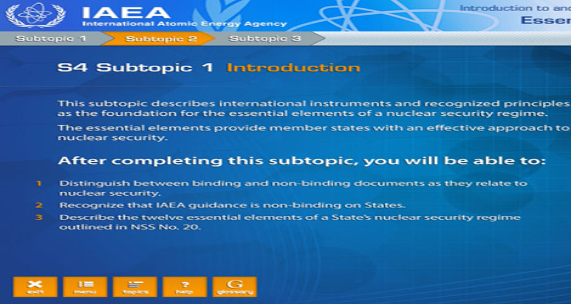In a busy inner city school, twenty, elementary age kids are socializing, squirming, and running around in circles giggling, laughing, hollering or screeching. The scene can best be described as sheer pandemonium.
Soon a calm, bespectacled, fourth grade teacher walks into the classroom and tells the kids to settle into a yoga pose where they lay flat on their backs and the palms of their hands face the sky.
He begins a guided meditation asking the kids to focus on a colorful tiny light bulb that is in the center of their hearts. Soon the room is silent and for ten minutes the kids lay on their mats, calm, relaxed and quiet.
If you are looking for mindfulness training, then you can browse http://elearning800.com/.

This scene is being repeated, every day, in schools all over this country. Mindfulness training in schools is not a new concept but it is one that is being use by teachers and school administrators with more and more frequency. The reason is simple. Mindfulness meditation quiets the brain in a way that makes children more prepared to learn.
These findings have been known for a long time but new research is showing that these mind quieting activities have a lasting effect on our brains and on our brain's chemical balance.
The balance of neurotransmitters in our brains changes constantly and is dependent on what we are experiencing. Stress, fear and fatigue can set up a brain chemical profile that is not productive to learning or paying attention but activities such as mindful meditation, yoga, relaxation exercises, focused play or simple reflection has the opposite affect.
Now that we have brain imaging studies that can see changes occurring inside our brains, we can see that children who meditate develop permanent changes in brain areas that control their attention, hyperactivity and emotional control. Several studies have now found that when you compared meditators and non-meditators, the meditator's brains have more efficient connections, have larger volume in areas important for attention, focus and emotion control as meditating brains also have more gray matter, a finding that indicates improved mental function.